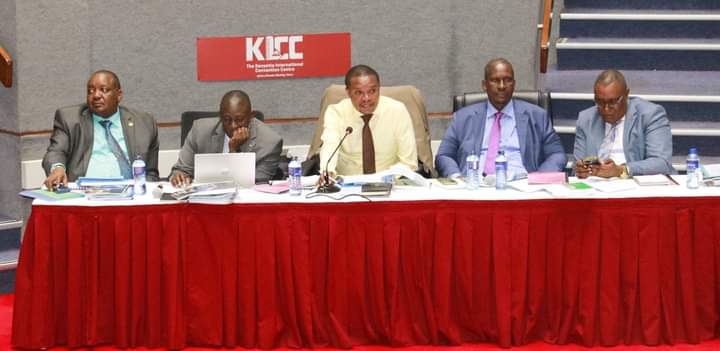
The services set to attract 16 per cent VAT include aircraft on unladed weight exceeding 2,000kgs but not exceeding 15,000kgs, direction-finding compasses and instruments and appliances for aircraft.
Others are any other aircraft spare parts imported by aircraft operators and persons engaged in the business of aircraft maintenance, hiring leasing and chartering of aircraft excluding helicopters as well as air ticketing services supplied by travel agents.
The International Air Transport Association (IATA) put a strong case for the retention of the current provision of the VAT Act, 2013 before the National Assembly's Finance Committee.
They told the Committee that the move would promote the growth of domestic and regional travel.
They submitted that high aircraft acquisition costs increase the investment costs and increase the risks on capital, hence attracting fewer investors.
“By keeping all aircraft at VAT-exempt status, domestic travel will increase in volume and KRA will collect higher air passenger service charges, VAT on hotels, meals, and accommodation services. The higher volume will increase KRA’s VAT earnings sustainably,” IATA submitted.
The Kenya Association of Travel Agents (KATA) on its part argued that the move would adversely impact the tourism value chain in Kenya.
Some of the services that are set to attract 16 per cent VAT are entry into the national parks and national reserves and specially designed locally assembled motor vehicles for transportation of tourists.
Also urging the Committee to retain the current provision of the VAT Act 2013, KATA argued that the cost of domestic and international travel within and outside Kenya will increase.
“The increase will also affect the operating costs and margins in the air travel sector,” they submitted.
They warned that the move to impose VAT would have a ripple effect on the tourism industry as air ticket services offered by local travel agencies complement the tourism ecosystem in Kenya as other sector players and stakeholders in the sector benefit from air ticketing services offered by travel agents.
KATA argued that Kenya faces competition from South Africa, Zimbabwe, Botswana and Tanzania as a safari tourist destination.
They told the Committee that the legislative framework in various groups of countries in Africa has adopted preferential taxes and fee rates for travel among their members to reduce travel and tourism costs.











